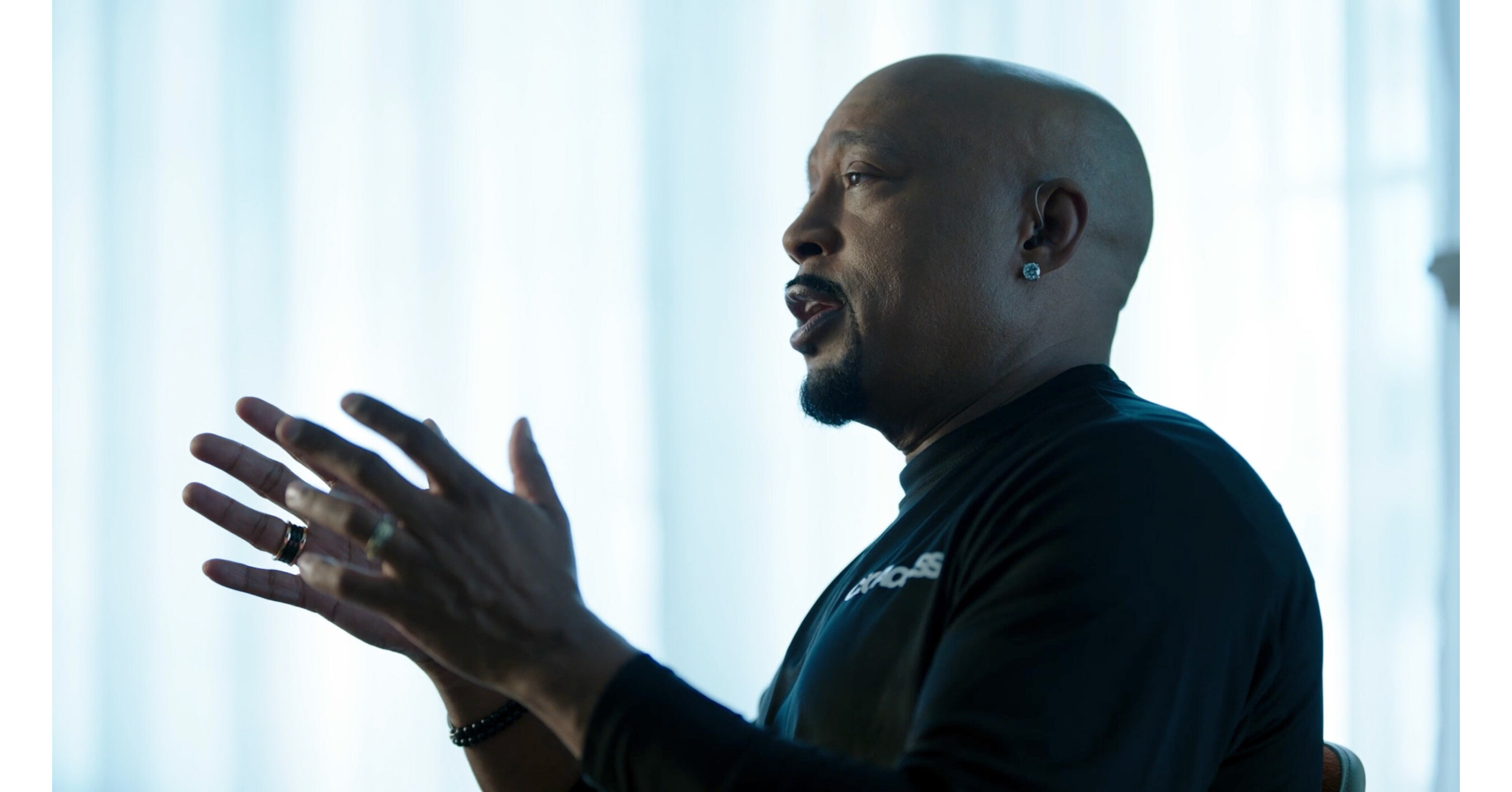Katie Scoggins came to the University of Georgia to study for a career in public health, but public transit has turned out to be her true calling.
Scoggins has worked for Transportation and Parking Services (TPS) for the past 17 years, starting as a student bus driver in 2008 and progressing to a full-time bus driver in 2012 and a transit events planner in 2018.
She explained, “My favorite part of the public health degree was having to plan things out, implement, evaluate and make changes,” as she did for a smoking cessation campaign in one of her classes. Now she follows a similar process as the transit events planner for TPS.
“Someone gives me a problem or a need, then I make a plan, work with the customer, get feedback from them, get feedback from dispatch and the driver, and make improvements for next time,” she said.
Scoggins coordinates bus service for special events such as spring Commencement, which uses shuttles to take guests with disabilities from the East Campus Parking Deck to the ceremonies. She works with the Visitors Center to provide buses for campus tours, with Greek Life to provide buses for sorority rush, and with many other departments throughout the year. She also helps with transit and parking needs for football game days.
“This job is very collaborative,” Scoggins said. “You’re not just working with drivers and schedulers, you’re working with departments across campus and collaborating within TPS and Auxiliary Services. No one can do their job in transit without the help of other people.”
Communication among staff members, supervisors, drivers and customers is vital to ensuring that everyone is aware of what’s coming and what needs to be improved, Scoggins believes.
“If you’re not communicating a problem or concern, you can’t do anything about it,” she said.
Much of Scoggins’ job as the transit events planner involves research. Using Google Maps and input from transit staff, customers, site visits and personal knowledge, she provides drivers with turn-by-turn directions, helpful notes about the route, and contact information for the event.
UGA buses can be taken to destinations up to 70 miles away, and Scoggins has traveled to Atlanta, Lawrenceville and Augusta for site visits. She makes sure the location is accessible to buses and determines whether the driver will need to bring another staff member along to help them back up or perform a tricky maneuver on site.
Critical thinking and adaptability are additional keys to Scoggins’ success. Even though an event may take place every year, there are always improvements to be made and new circumstances to deal with.
Scoggins worked closely with Greek Life, for example, to change the bus stop locations for sorority recruitment to enhance the safety of the 2,200 attendees. This year, she and the Greek Life director reevaluated the entire plan so they could provide the same level of service as in years past with fewer buses available that week. Scoggins also documented the changes they made in the moment during sorority recruitment 2025 so she could be sure to implement those same improvements in 2026.
As much as Scoggins still enjoys driving UGA buses (she maintains her commercial driver’s license in case she needs to pitch in), she likes the behind-the-scenes work even more. The only difference is that passengers no longer see the effort she is putting in to make their ride as smooth as possible.



